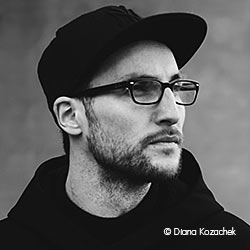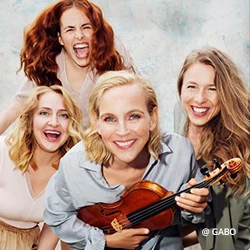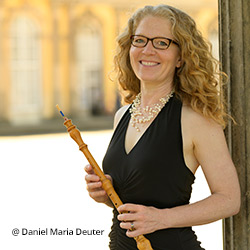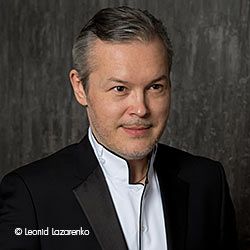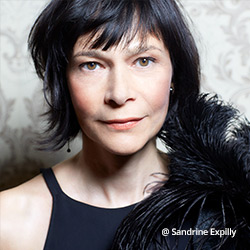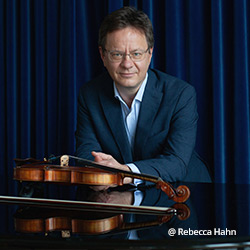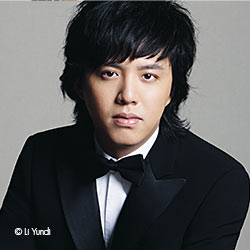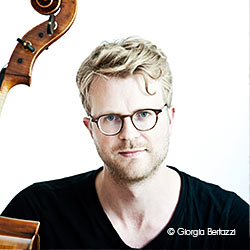Photo © Rebecca Hahn
“I think tinnitus research is important because tinnitus is quite a serious condition. I myself once suffered from one for a week, it was the high E, and it made it impossible for me as a musician to play music normally, because I always heard all the notes in relation to that annoying E. I believe there is a connection of psyche and tinnitus, and a connection of strong noise exposure (this includes loud music!!) and the tinnitus. Hearing loss and tinnitus are in principle not curable, until now. Please keep researching!
I think education about tinnitus and hearing protection is important because it is very easy to underestimate the sensitivity of the ears, especially as a young person. I find it depressing how many people ruin their hearing these days by consuming brutally loud music, whether live or through headphones.”
Tim Vogler
Violinist and ensemble member of the Vogler Quartet
www.vogler-quartett.de
